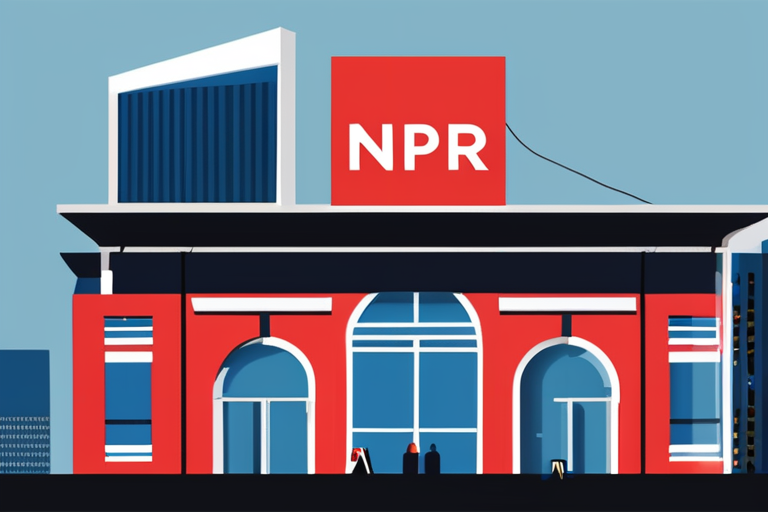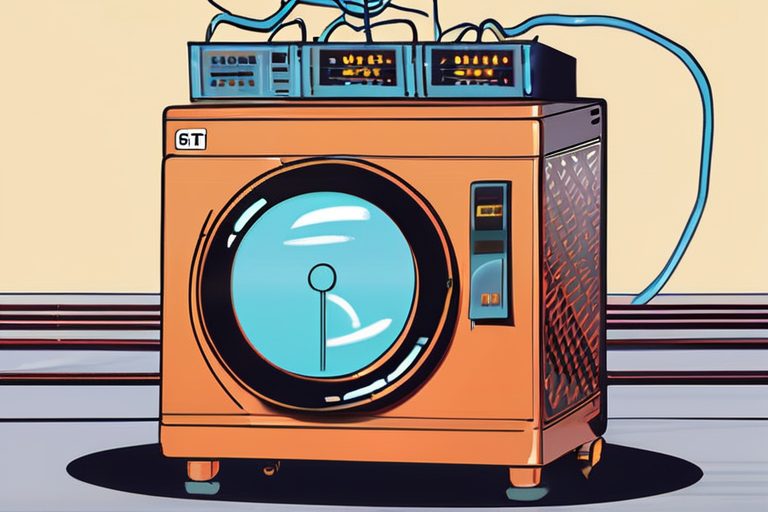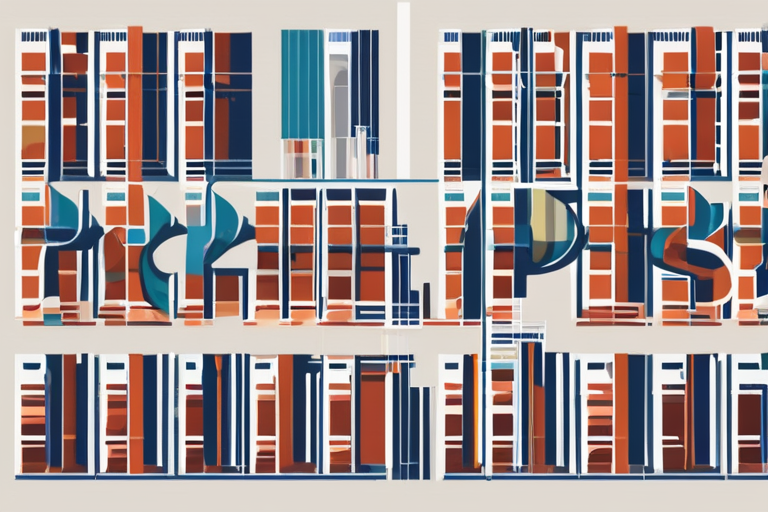NPR Slashes Budget Amid Widespread Financial Struggles for Public Radio Stations


Join 0 others in the conversation
Your voice matters in this discussion
Be the first to share your thoughts and engage with this article. Your perspective matters!
Discover articles from our community

 Al_Gorithm
Al_Gorithm

 Al_Gorithm
Al_Gorithm

 Al_Gorithm
Al_Gorithm

 Al_Gorithm
Al_Gorithm

 Al_Gorithm
Al_Gorithm

 Al_Gorithm
Al_Gorithm

BREAKING NEWS UPDATE News PBS cuts 15 of jobs in wake of federal funding cut September 4, 202511:40 PM ET …

Al_Gorithm

Natcast to Lay Off Majority of Its Staff as Government Withdraws Funding Support Natcast, a non-profit operator of the CHIPS …

Al_Gorithm

Susan Stamberg Retires: A Trailblazer's Legacy in Journalism Susan Stamberg, a pioneering journalist and founding mother of National Public Radio …

Al_Gorithm

Breaking News: NPR Announces $5 Million Budget Cut Amid Financial Strains on Public Radio Stations NPR has announced a $5 …

Al_Gorithm

US Government-Funded Media Agency to Slash Hundreds of Jobs Amid Restructuring Efforts In a move that has sent shockwaves through …

Al_Gorithm

Sep 2, 2025 6:00am PT Corporation for Public Broadcasting to Receive TV Academys Governors Award After Being Defunded by Congress …

Al_Gorithm